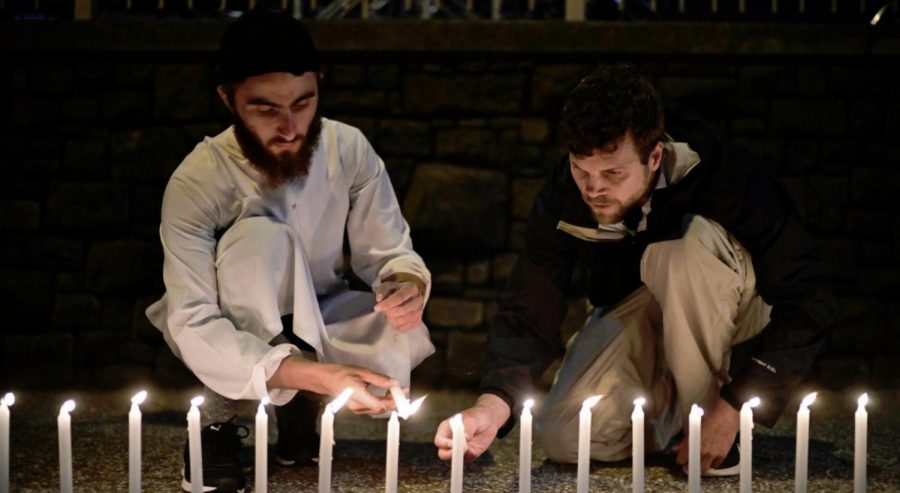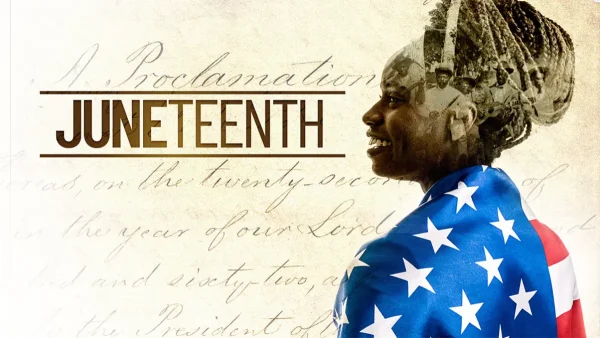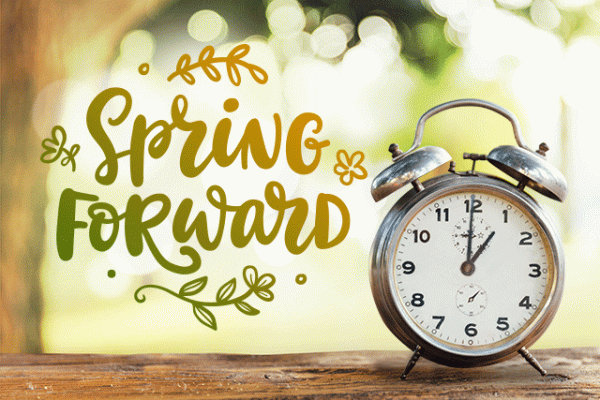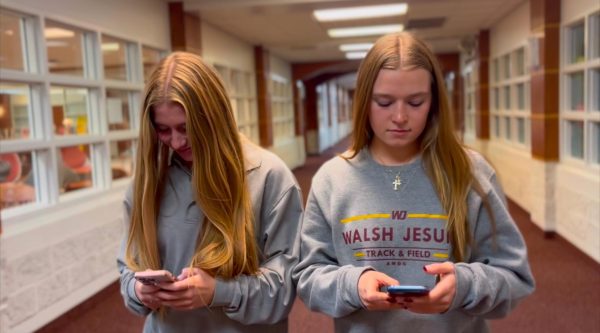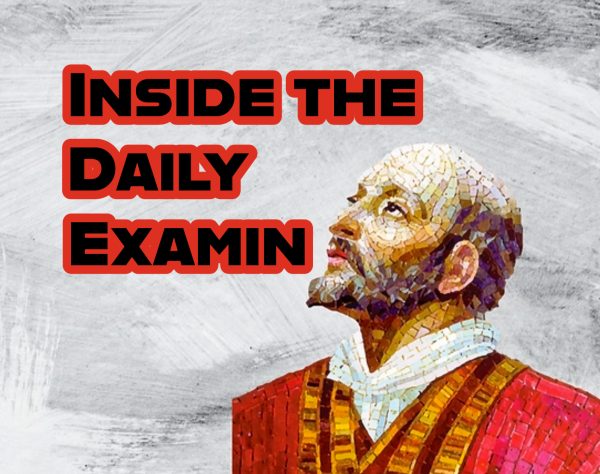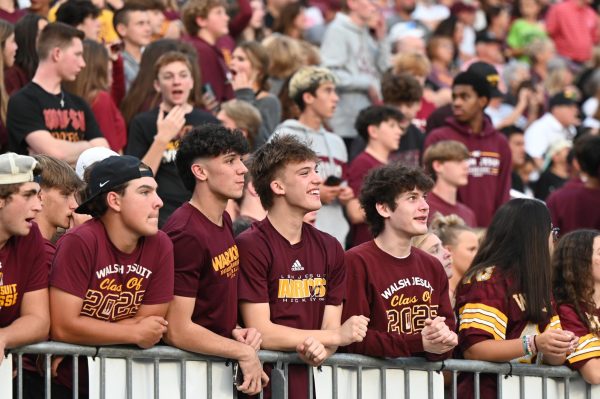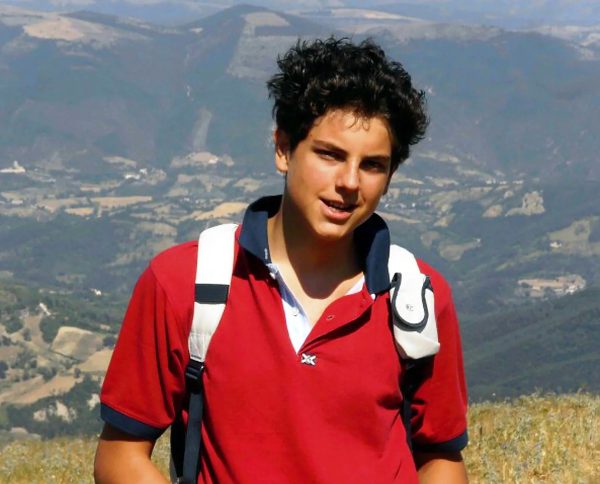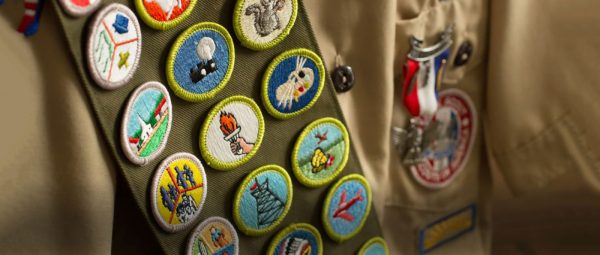New Zealand: A nation takes action
Within days, government responds to mass shooting
Photo via Flickr under the Creative Commons license
In response to the mosque shooting, New Zealanders gather to light candles, pray, and remember those who died in the attack.
On March 15, a gunman killed 50 women and men and injured fifty more as they worshipped in Christchurch, New Zealand. The attack on two mosques, which took a mere 15 minutes, marked one of the deadliest mass shootings in New Zealand history. The prime minster, Jacinda Ardern, said, “Our history changed forever. Now, our laws will too.”
Speaking of the Muslim population, Ardern declared, “They are us. The person who has perpetuated this violence against us is not.”
The atrocity left many calling for solutions, just as mass-shootings do here in the United States. After a mere six days following the attack, Ardern announced that legislation would be introduced that bans all military-style semi-automatics and assault rifles in New Zealand.
Owners of these guns will be able to sell their weapons back to the government. The buyback will cost $200 million NZD ($138 million USD). “That is the price that we must pay to ensure the safety of our communities,” Arden said.
This rapid shift in policy has many asking why the U.S. has yet to revise gun control laws, considering the number of shootings in recent years. According to the Department of Homeland Security, from 1999 to 2013 there were 317 mass shootings in the U.S. During those attacks, 1,554 people were killed and 441 injured. The numbers have continued to rise since then
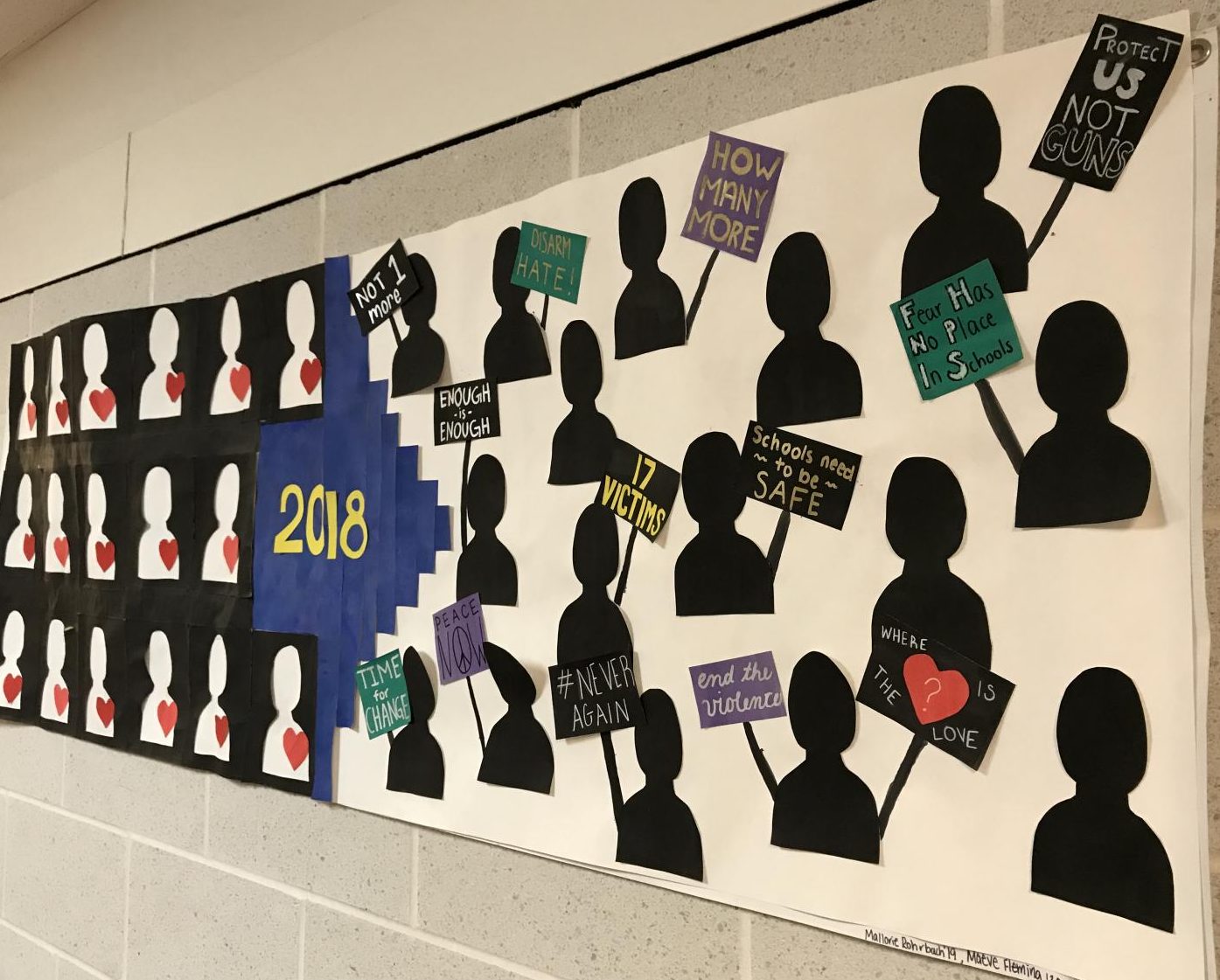
In response to the Parkland school shooting, WJ art students made this poster. One of the students, junior Maeve Fleming, shared that she “made it to make a bold statement about senseless loss of human life.”
Junior Luke Osciak believes gun reform “should be happening, because people shouldn’t just die anytime from others with guns.”
The New Zealand decision was fast, as the tragedy sparked immediate action from the government regarding gun reform. “They were pretty quick to act,” senior Chloe Gunther said. “I think it was responsible.”
Others view the decision in a different light. Senior Nate Ondracek said, “I think that New Zealand was too easy to give in to terrorism. The gunman tried to strike fear in people, and it worked.”
Many are divided on this issue, as well as gun control in general, and it is hard to see a definitive solution that appeases all sides. “A perfect world can’t exist,” sophomore Jeremy Grimm said.
Meanwhile in the U.S. in 2017, nearly 40,000 deaths resulted from all types of gun violence, 60% due to suicides and 37% from homicides, according to the Centers for Disease Control and Prevention.

Hello! I am Drew Toth, a current senior here at Walsh Jesuit. I enjoy writing and literature, which is why I joined The Pioneer this year. Previously,...

